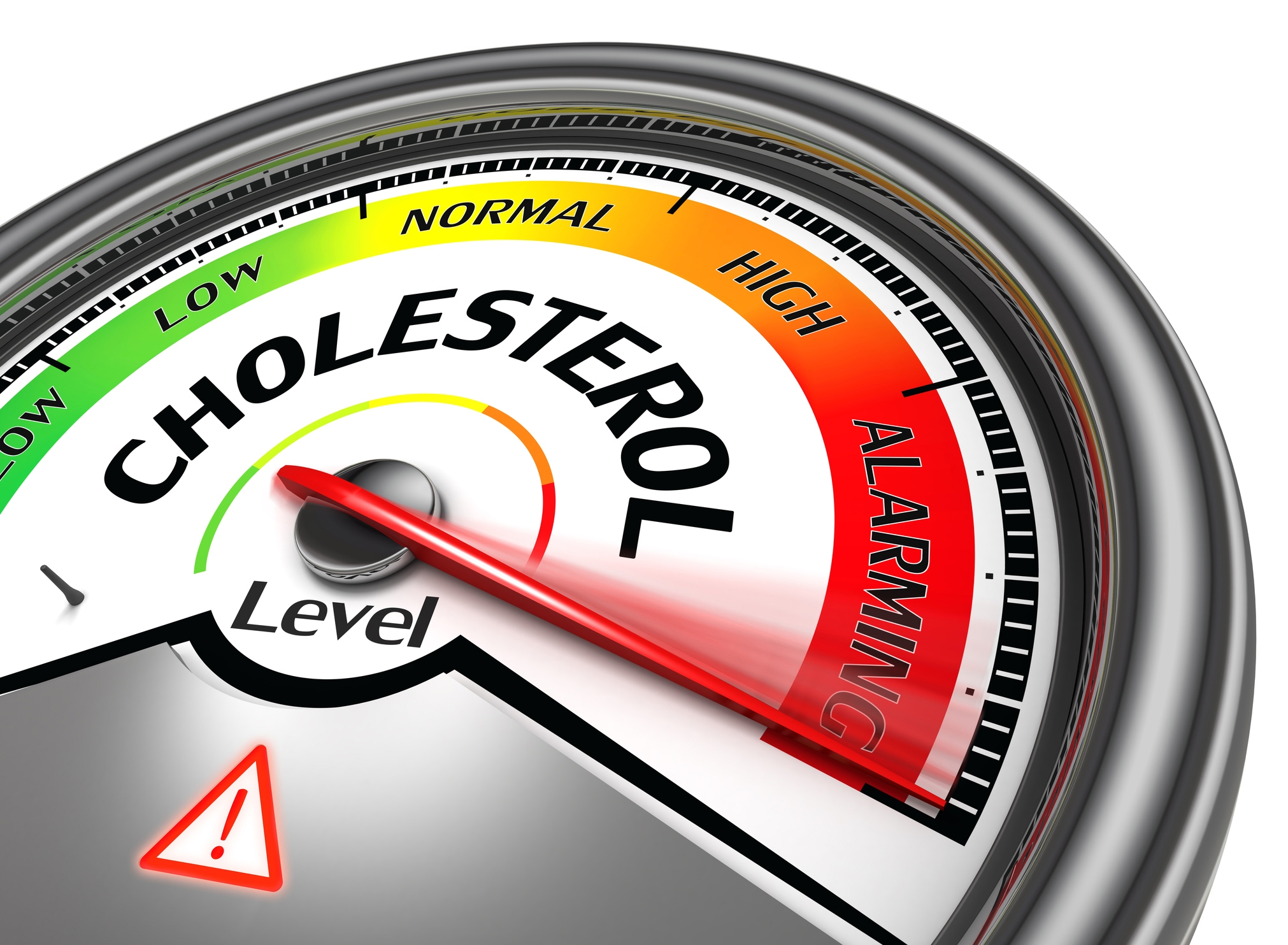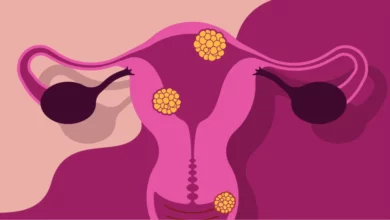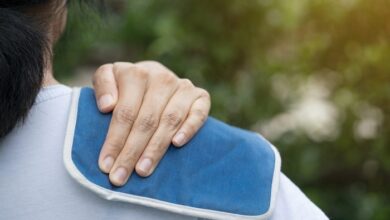5. You have bad breath

“Keeping hydrated is essential for general wellbeing, but you may be surprised to know it is also essential to keep your breath in check too,” says Luke Thorley, of Welling Corner Dental Practice and brand ambassador for CB12.
“Regular glasses of water help to maintain saliva flow, which washes away the ‘bad bacteria’ that cause unpleasant breath.”
6. You have aching joints

Joints need fluid to stay lubricated in order to function.
“It’s important for your joints to stay lubricated in order for them to work properly,” says Dr Simon.
“Getting plenty of fluids will help keep cartilage soft, which reduces your chances of developing arthritis or other joint problems.”
7. You have a headache

“The loss of even 1-2% of body weight – equating to 500 ml to two litres – can bring on headache symptoms,” says Dr Carrie Ruxton, a member of the Tea Advisory Panel.
“Alongside this, you may feel dizzy or lethargic. Start replacing fluid straight away if a headache comes on by sipping water steadily.”
8. Your cholesterol levels are higher than normal

Without water, your body will produce more cholesterol in order to ensure your cell membranes stay moist and can continue to process both nutrients and waste products.
“Of course, we know the dangers of high cholesterol, which can increase your chance of life-threatening problems such as heart attacks and strokes,” Dr Simon adds.
9. Your concentration levels are falling

Finding it hard to focus at work? Your room may have something to do with it.
“Stress, long commutes, air conditioning and heating can all increase water loss even when you don’t feel particularly sweaty,” adds Dr Ruxton.
“The brain represents only 2% of the body’s weight, but gets 20% of blood circulation.
“That means that dehydration affects the brain far earlier than the body as the brain relies on a steady supply of oxygen and nutrients.”
10. You are finding simple exercises hard to do

“Physical performance is affected when dehydration hits around 1-3% of body weight, so water should be your most important accessory in the gym,” says Dr Ruxton.
“When exercising for short periods or at low intensities, a bottle of tap water will do.
“Longer periods of exercise, around 40-60 minutes, tend to cause losses of salts as well as fluid so a sports drink would be a better option.”
What to do

The Eatwell Guide says we should drink six to eight glasses of fluid a day.
The European Food Safety Authority recommends an intake of 2.5 litres of water for men and two litres of water for women per day, through food and drink consumption.
But bear in mind, that there is such a thing as drinking too much water.
As Natural Hydration Council explains: “Over-hydrating with any fluid is possible, and in extreme cases it can be dangerous, but, this is very rare.
“Hyponatremia results from abnormal water retention throughout the body. This reduces the blood sodium concentration, causing excess fluid to move from the blood into the tissue cells, including the brain.”




